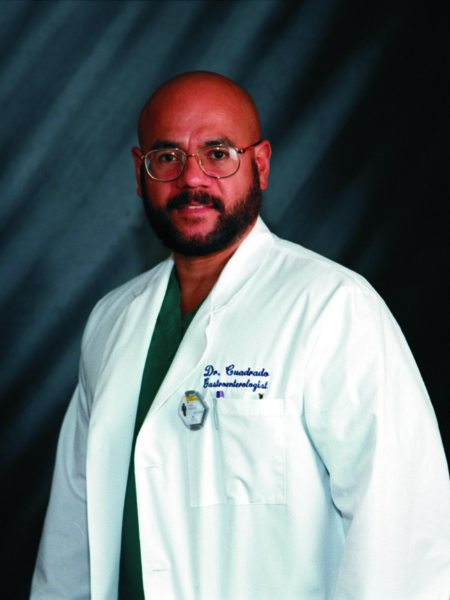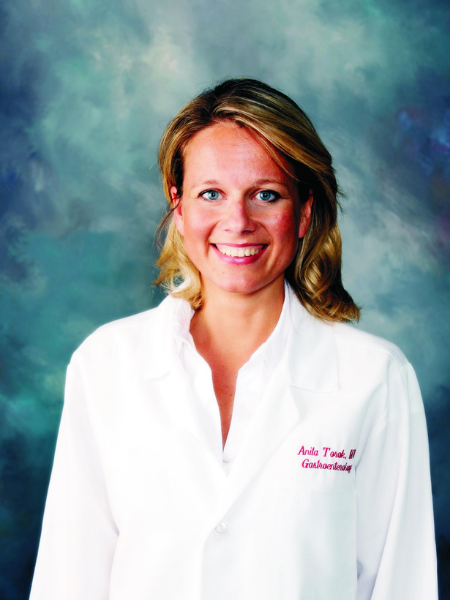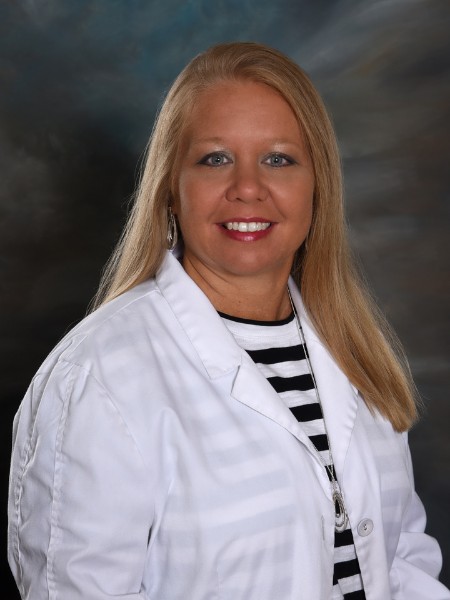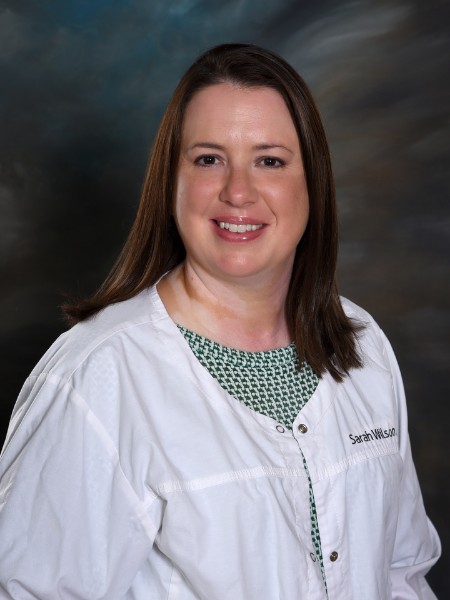Gastroenterology
Digestive Health
Endoscopic Ultrasound
Jackson Purchase Medical Group gastroenterologists are some of the only physicians in the region performing endoscopic ultrasounds. This non-invasive procedure is primarily used to detect pancreatic, esophageal and gastric cancers, as well as benign tumors of the upper gastro-intestinal tract. Endoscopic ultrasound may help in the evaluation of:
- Cancer of the colon, esophagus, lung, pancreas or stomach, and ampullary and rectal cancers
- Lymphoma
- Barrett's esophagus
- Neuroendocrine tumors
- Pancreatitis and pancreatic cysts
- Bile duct stones
- Sarcoidosis
A GI physician can also help you find relief for common digestive issues like acid reflux or more advanced symptoms caused from diseases such as:
- Inflammatory Bowel Disease (IBD)
- Irritable Bowel Syndrome (IBS)
- GERD
- Crohn's Disease
- Ulcerative Colitis
Colon Health
Colonoscopies can help spot colon cancer early and make treatment easier. They can also help identify and remove colorectal polyps before they become cancerous. And this common procedure is easier than you might think. Talk with your provider about your risks and the right time to schedule your colonoscopy. If you’re 45 or older and haven’t been screened, call 270.251.4575.
Colon Cancer
Who is at Greater Risk?
According to the American Cancer Society, certain people are at greater risk for developing colon cancer. These include people with:
- A personal history of colorectal cancer or certain types of polyps
- A family history of colorectal cancer
- A personal history of inflammatory bowel disease (ulcerative colitis or Crohn’s disease)
- A confirmed or suspected hereditary colorectal cancer syndrome, such as familial adenomatous polyposis (FAP) or Lynch syndrome (hereditary non-polyposis colon cancer or HNPCC)
- A personal history of getting radiation to the abdomen (belly) or pelvic area to treat a prior cancer
Who Should Get Screened?
According to the American Cancer Society:
- People at average risk of colorectal cancer should start regular screening at age 45
- People who are in good health and with a life expectancy of more than 10 years should continue regular colorectal cancer screening through the age of 75
- For people ages 76 through 85, the decision to be screened should be based on a person’s preferences, life expectancy, overall health and prior screening history
- People over 85 should no longer get colorectal cancer screening
Take a Colon Health Assessment
If you have questions about your colon health, start with an assessment and learn more about any risks you may have for colon-related conditions.
Take a Digestive Health Assessment
If you have questions about your digestive health, start with an assessment and learn more about any risks you may have for digestive-related conditions.
Gastroenterology Locations
-
Jackson Purchase Gastroenterology1029 Medical Center Circle Suite 306
Mayfield, KY 42066Phone: 270.251.4575




